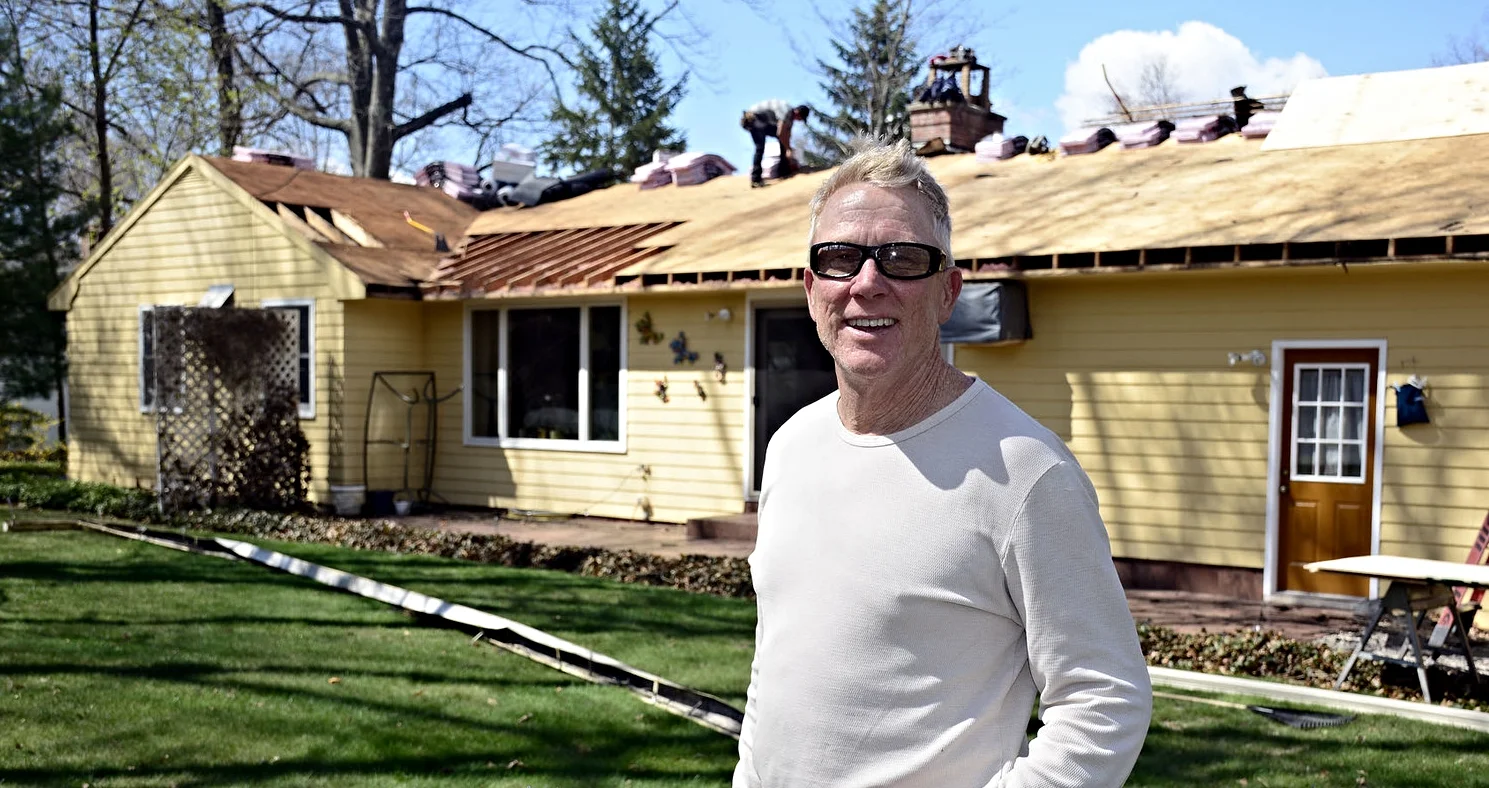Take Control of Your Garden with These Natural Weed-Fighting Tips
Chelsea O'Donnell
Few things are more frustrating than spending hours in the garden, only to have pesky weeds pop up and ruin the party. Sure, you could reach for a chemical herbicide, but those come with health warnings and environmental concerns. Luckily, there are natural, inexpensive, and surprisingly effective ways to keep weeds in check without turning your yard into a danger for animals and kids.
Here are a few of my favorite tips for keeping your garden green—and your weeds gone:
Mulch like you mean it.
Mulch isn’t just for making your flower beds look pretty. It’s a weed-smothering superhero. A thick layer of mulch - about 2 to 3 inches - is enough to block sunlight from reaching weed seeds, which keeps them from sprouting in the first place. Organic mulches like shredded leaves, bark, straw, or even grass clippings will decompose over time and feed your soil, giving you a double win. Just be sure to keep mulch a few inches away from the stems of plants to avoid rot.
Boil ’em alive.
It might sound extreme, but boiling water is one of the cheapest and most effective weed killers around. This is best used on driveways, sidewalks, and between patio stones, anywhere you’re not worried about killing off other plants. Just bring a kettle to a boil and pour directly on the weeds. Be careful, this method is simple but not forgiving if you spill on your foot!
Vinegar, the pantry powerhouse.
If you have white vinegar in the kitchen, you have a natural weed killer. A spray bottle filled with vinegar will dry out young weeds quickly, especially on hot, sunny days. For stubborn weeds, you can mix in a few drops of dish soap to help the vinegar stick to the leaves. Keep in mind this method is non-selective, meaning it’ll kill just about anything it touches, so aim carefully.
Get hands-on with a hoe.
There’s nothing wrong with a little elbow grease. Weeding by hand may not be glamorous, but it’s highly effective, especially if you catch weeds early before they go to seed. A sharp hoe or weeding tool can help you slice through roots just below the surface. Aim to weed after a rain or a good watering session—wet soil makes the job much easier.
Plant your ground troops.
Want to crowd out weeds before they get started? Ground covers like clover, creeping thyme, or sweet woodruff create a living mulch that prevents weeds from taking hold. Plus, many are low-maintenance and attractive, which is a win for any gardener trying to keep things neat without constant upkeep.
With a little time and some natural reinforcements, you can tackle weeds without reaching for the chemical spray. Your garden, and the bees, butterflies, pets, and kids that enjoy it, will thank you.
Bob O’Donnell is the owner of O’Donnell Bros. Inc., a Bristol-based home improvement company established in 1975. Email your questions for Bob to info@odonnellbros.com with the subject line “Ask the Pro.” All questions may be considered for publication. To contact Bob for your remodeling needs, call O’Donnell Bros. Inc. at (860) 589-5155 or visit http://www.odonnellbros.com. Advice is for guidance only.
